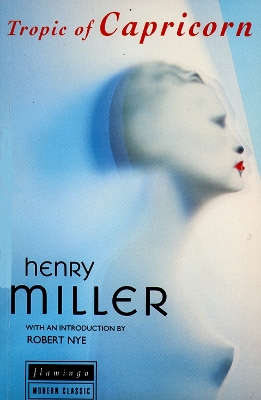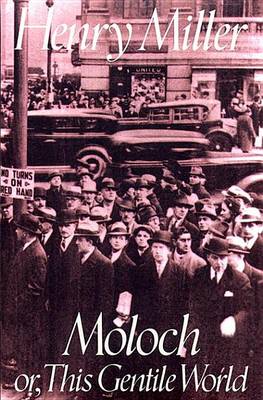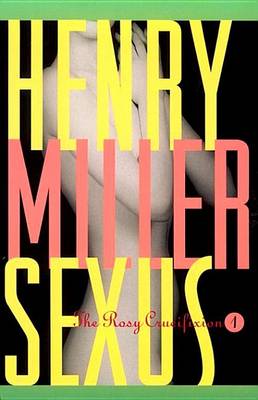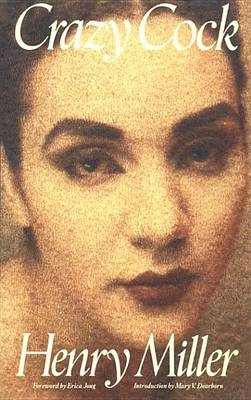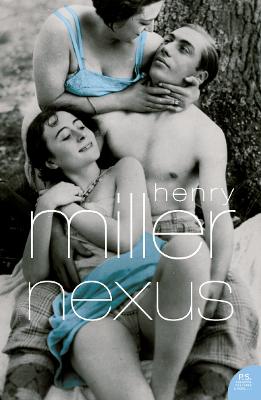Miller, Henry
8 total works
The story of Miller's bizarre second marriage and its development into an extraordinary and legendary ménage à trois – the final installment of the `Rosy Curifixion’ trilogy.
'Goodbye, dear Pocohantas! Goodbye, P.T. Barnum! Goodbye, Street of Early Sorrows and may I never set eyes on you again!'
When Henry Miller left America for Paris in the 1930s to lead the life of a literary bohemian, he called this death of his former existence and his resurrection as a writer a 'rosy crucifixion'. This dramatic transformation provided the leitmotif for some of Miller's finest writing, embodying everything he felt about self-liberation and the true life of the spirit.
'Nexus', the final volume in the 'Rosy Crucifixion' trilogy, is a fictionalised account of his last, tempestuous few months in New York. Trapped in a bizarre ménage à trois with his volatile actress wife, Mona, and her eccentric lover, Stasia, Miller's life descends into violent and passionate anarchy. Demoralised, exhausted and finally abandoned by the cunning and disloyal Mona, he sails for Paris.
'Here, even if I had a thousand dollar in my pocket, I know of no sight which could arouse in me the feeling of ecstasy'
Looking back to Henry Miller's bohemian life in 1930s Paris, when he was an obscure, penniless writer, Quiet Days in Clichy is a love letter to a city. As he describes nocturnal wanderings through shabby Montmartre streets, cafés and bars, sexual liaisons and volatile love affairs, Miller brilliantly evokes a period that would shape his entire life and oeuvre.
'His writing is flamboyant, torrential, chaotic, treacherous, and dangerous' Anaïs Nin
